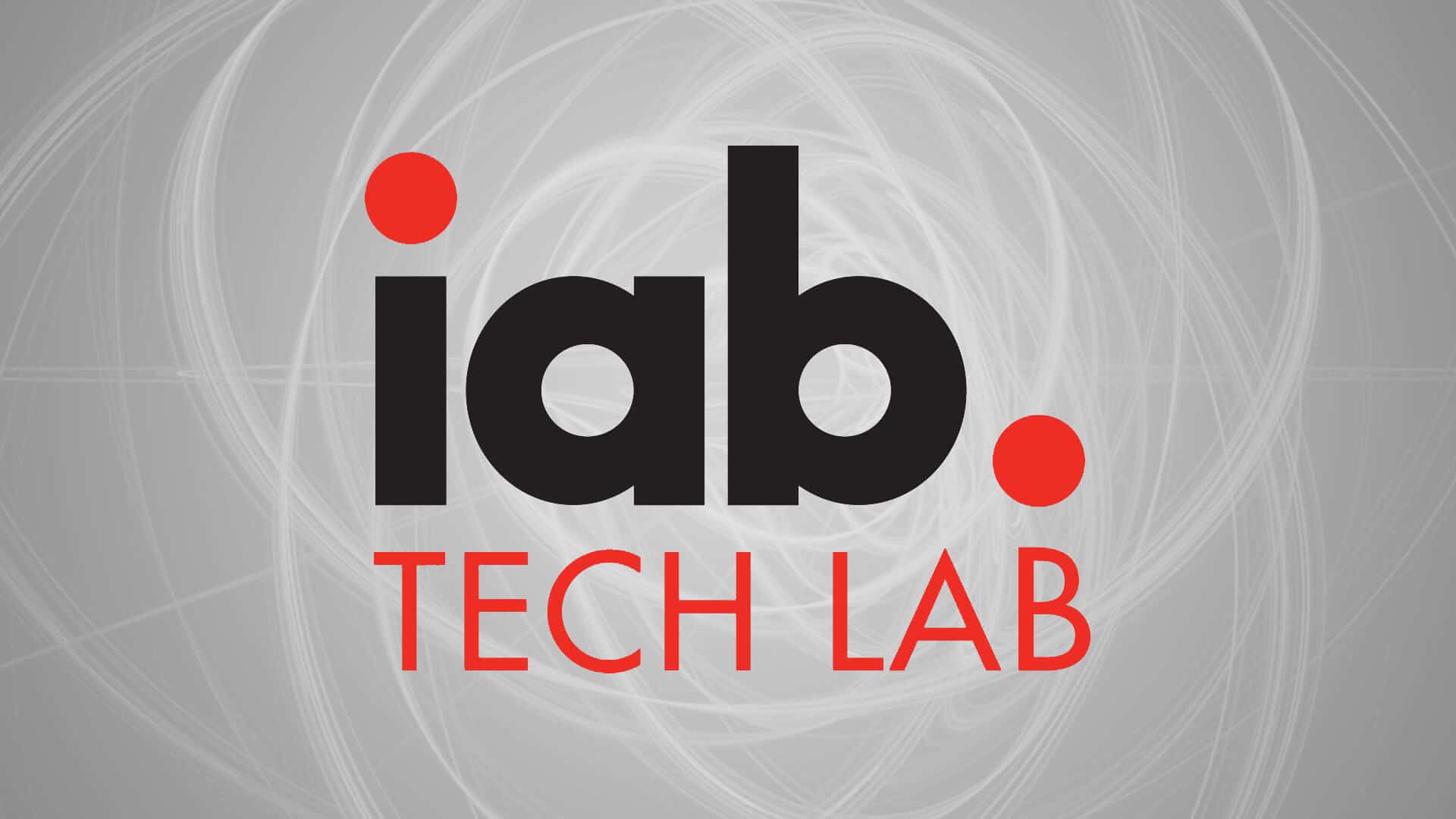
The IAB Tech Lab announced updates to ads.txt specifications. IAB hopes the update will remove some confusion around the entities ads are bought from and where the ads show up after they’re purchased.
New values – “ownerdomain” and “managerdomain” – attempt to bring transparency to seller relationships identified through the sellers.json standard in ad exchanges that use the ads.txt protocol.
Get the daily newsletter digital marketers rely on.
What does ads.txt do? Ads.txt is a protocol that authorizes sellers of digital ad inventory. This provides an added layer of confidence in programmatic markets for the purchasing of digital ads. It also helps reduce ad fraud by verifying sellers.
Advertisers on the world wide web aren’t the only buyers at risk of getting catfished. There’s even an ads.txt protocol for mobile apps and CTV.
Read next: IAB Tech Lab finalizes first addressability solution
How do the updates help? Ads.txt is adding new values to connect the dots between publishers and selling partners on programmatic ad exchanges. The value “ownerdomain” validates a seller when the business owns multiple websites where ads can be placed.
The value “managerdomain” validates the connection between seller and publisher when the publisher’s inventory is sold on the ad exchange through a partner. This is the case especially for smaller publishers. They and their selling partners are legitimate, but they might get skipped over through an automated process called supply path optimization (SPO). SPO prefers ad buys with fewer links in the chain. “Managerdomain” allows publishers to claim their selling partner, making it clear that everything is on the up and up.
Why we care. These ads.txt updates level the playing field for smaller publishers and strengthening confidence throughout the ad ecosphere. The ad business has always depended on trust. As more of the industry undergoes digital transformation, better code will take over where martini lunches and handshakes left off.
Review period. According to IAB, the updated specifications are open to public comment through May 31, 2022.





